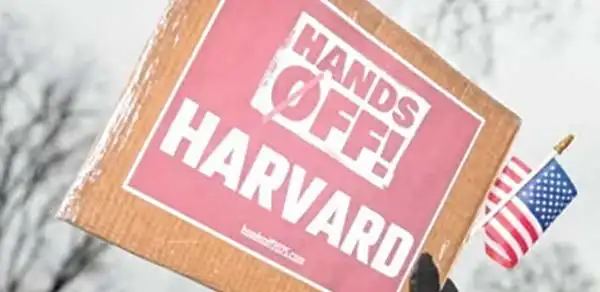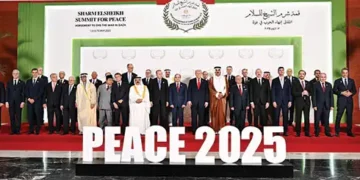Blitz Bureau
NEW DELHI: IN a potentially landmark legal settlement, Harvard University and the Trump administration are nearing an agreement that would see the university commit to spending $500 million on vocational and educational programmes.
This deal is designed to resolve a monthslong dispute that began with the administration freezing billions of dollars in federal research funding. Sources familiar with the negotiations, which have been held behind closed doors, indicate that significant progress has been made over the past week.
The proposed framework would restore Harvard’s federal research funding and drop a number of ongoing investigations by the Justice and Commerce Departments into the university’s practices, which have focused on issues like antisemitism on campus, DEI (diversity, equity, and inclusion) policies, and alleged patent violations.
The proposed $500 million settlement, which would be paid out over several years, is more than double the amount Columbia University recently agreed to pay in a similar settlement. Crucially, the deal would allow Harvard to satisfy the administration’s demands without paying a direct fine to the government, a point of distinction from Columbia’s agreement. The settlement also reportedly does not include the appointment of a federal monitor, a condition Harvard had strongly opposed to preserve its academic independence.
However, the deal is not without its complexities. The talks could still collapse, as the final terms require approval from both President Trump and senior Harvard officials. While sources close to the negotiations are optimistic, Harvard President Alan Garber has reportedly told faculty that a settlement is not imminent, suggesting the university may be prepared to take the matter to court. Garber also reportedly denied the $500 million figure, calling it a leak from the White House.
The pressure on Harvard has been escalating. Just last week, the Commerce Department launched a new review into the university’s patents, threatening to seize intellectual property assets worth hundreds of millions of dollars. The administration had also attempted to block Harvard from enrolling international students, a move that was halted by a federal judge. This potential settlement highlights the administration’s focus on linking federal funding to specific educational outcomes, particularly workforce training, which the White House has positioned as a cultural and economic alternative to traditional higher education.
For Harvard, the deal would bring an end to a protracted and costly legal battle, allowing the institution to remain one of the most robust higher education institutions in the country.
































